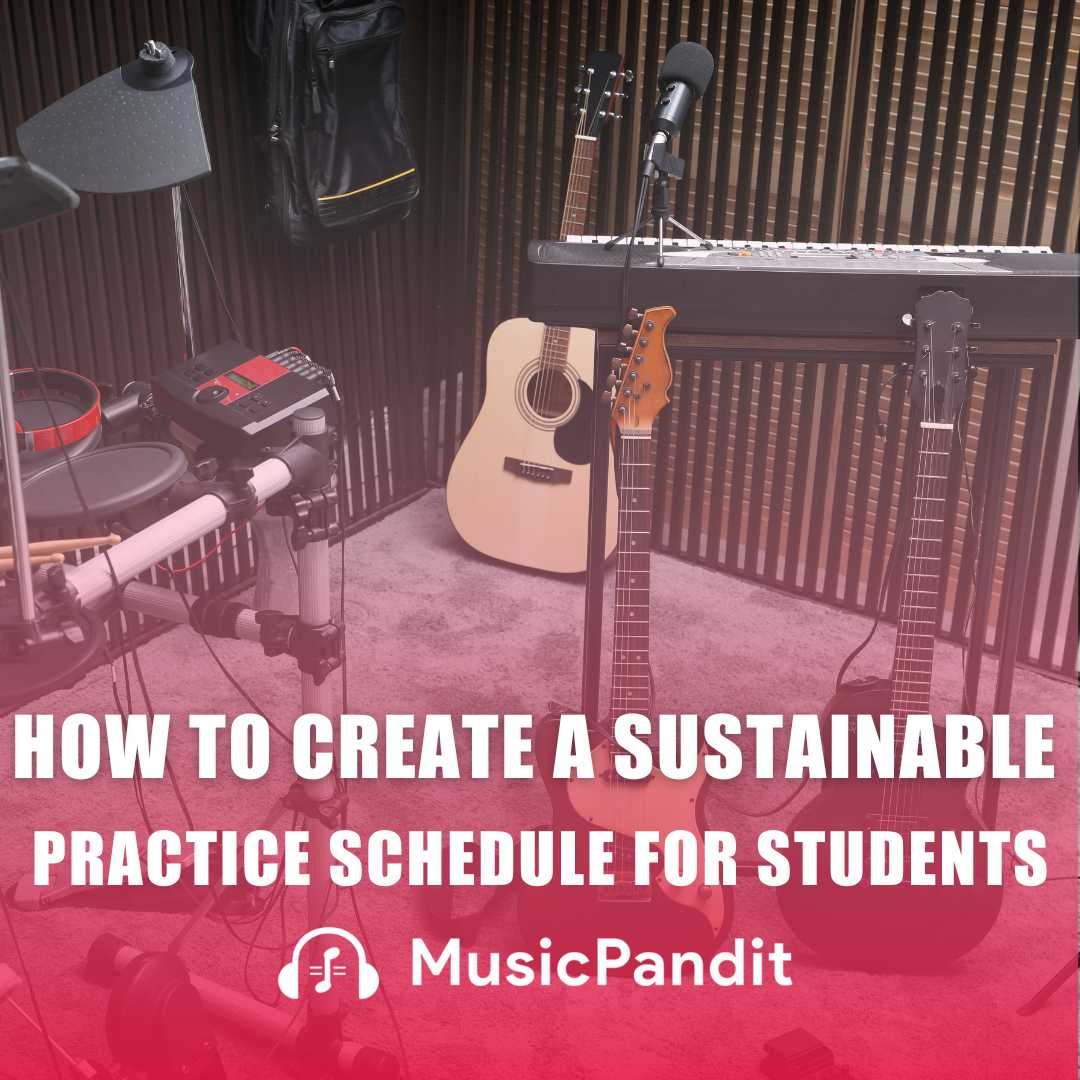If you are keen on hitting higher notes while you sing or want to sing with more power, there are certain good singing techniques you can pick up. Whether you want to be a classical singer, an opera singer, a choral singer or a pop singer, using these techniques will benefit you.
So, what are these techniques that can improve your western vocal skills? The first begins with finding your style. Doing this separates you up from being just average. Other than that maintain a healthy voice and do the following:
You Should Sing With The Right Posture
Most western vocal singers lack proper posture during their early days. Good singing posture is when you have an aligned spine and unbent joints. It’s a great idea to practice breathing from your tummy so when you inhale your lower abdomen will expand.
Breathing this way, with a straightened spine, feet firmly planted on the ground, an erect head and relaxed shoulders greatly increases your intake of oxygen, which is very important for singers. A proper singing posture not only improves your breathing but optimises it resulting in a voice that sounds better. It is also essential that you relax your tongue, throat and upper body when singing.
Train Your Voice Like an Athlete
It is absolutely necessary to use the correct western vocal singing techniques and to not overuse your voice. And just like for an athlete it is necessary for singers also to have a balanced and healthy diet as well as get adequate rest. Dr. Wendy LeBorgne, a singing voice specialist and voice pathologist, in fact, compares singers to vocal gymnasts stating that they also traverse their artistic range easily and flexibly.
She notes that gymnasts are highly disciplined and spend many hours perfecting their skills. Which is why she says that they are more likely than the layman to get injured. Professional singers in her view carry the same risks and thus must be careful about taking adequate periods of rest and recovery amidst their rigorous practice schedules to perform to their optimal best.
Celebrate Your Unique Voice Instead of Imitating Other Singers
Anything that requires you to do things outside your current voice skill level could injure your voice. Trying to imitate another singer or their singing style could lead to doing things outside your usual physiologic range and hence harm you. Not only is it best not to imitate another singer to prevent vocal injury but also because you must let your own original voice shine. Remember you are unique and would not want to be somebody’s copycat.
Practice and Pacing Makes You Perfect
During an upcoming show or audition season, it is necessary to pace yourself. By pacing yourself it means that you must sing in smaller periods of time say around thirty to forty minutes each day. This is similar to exercising every day for a certain short duration of time to build muscles and stamina. It is over time as you enhance your singing skills that you can increase the duration of your practice sessions and the difficulty levels as well.
Care for Your Voice Before and After a Performance
Do gentle voice stretching and vocalizes to appropriately warm yourself up before your performance. After your performance likewise it is necessary to cool down your laryngeal muscles. You can do this by using vocal cooldowns. Dr. LeBorgne also advises you to physically stretch yourself and become mentally focused right before a performance and after it.
Always Keep Yourself Adequately Hydrated
If you want to improve your vocal skills it is essential that you always keep yourself hydrated. But only have non-caffeinated drinks, suggests Dr. Le Borgne. While no food or liquid can get into your vocal folds, staying hydrated allows your mucus to act as a lubricant and not glue.
Avoid Vocal Loudness
Dr. Le Borne also advises against screaming, yelling, talking loudly or singing too loudly. She says it can cause your vocal folds to become swollen and impacted. This is because when we speak loudly our vocal folds collide harder against each other. Doing this over an extended period of time can cause phono traumatic injury.
To understand the techniques and exercises used for improving vocal strength and flexibility, please see our Western Vocal course here.















